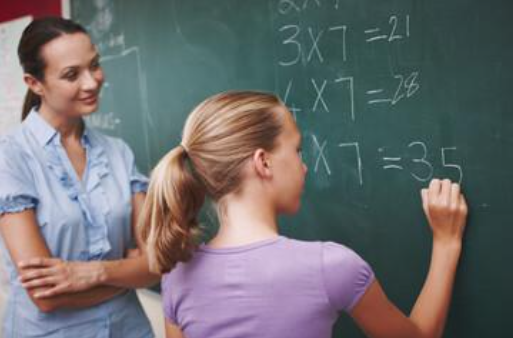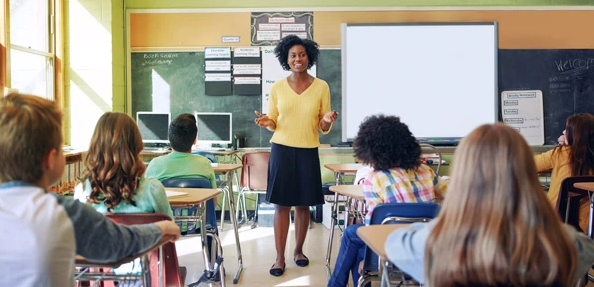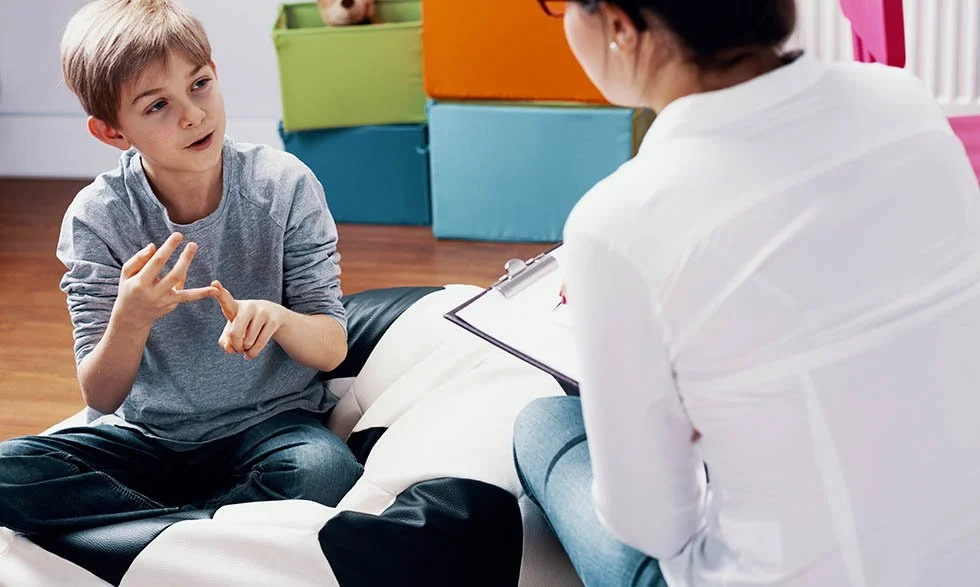Understanding Learning Styles
Ever wonder why your child can ace math problems but struggles to read a book, or why they can memorize songs but can’t seem to remember spelling words? The answer may lie in their learning style. Every child has a unique way of processing information and discovering that learning style can be a game-changer for their education. But how do you figure out which learning style works best for your child? It’s simple - get Psycho-Educational Testing!
Here is the information you need to know about how to understand different learning styles and how Psycho-Educational Testing can help:
4 Main Learning Styles
It is vital to understand the different styles of learning. There are 4 learning styles, and they all equally matter. When you understand the different learning styles, it can help you determine how to help your child if they are struggling in school.
Here are the 4 main learning styles:
Visual learners
Visual learners are children who adore charts, visual aids, pictures, diagrams, and anything else they can look at. These children can be found doodling especially when a lecture is being provided and they remember things better when they see them written out. They learn best when they can “see” a new concept being taught.
How you know you have a visual learner
Love of drawing, doodling, and creating art
Preference of watching videos or reading books with photos
Thrive with color-coded notes and flashcards
Auditory learners
Auditory learners process information best by hearing it. These are the kids who might seem to be daydreaming, but actually, they’re soaking in everything you’re saying like a sponge.
How you know you have a visual learner
Love listening to audiobooks and music
Better memory recall when things are explained verbally
Enjoyment of group discussions, repeating of notions, and storytelling
Kinesthetic learners
Kinesthetic learners are all about movement and action. These students may struggle with sitting still in class, but can for example, build an entire city with LEGOs.
How you know you have a visual learner
Love of hands-on activities, building things, and experiments
Difficulty sitting still through long lesson plans
Better learning when physically engaged in the activity i.e. roleplaying
Reading and writing learners
Students who learn by reading and writing prefer the written word. They tend to excel when they are both reading and reading.
This learning style allows the child to obtain and absorb new information. They usually tend to prefer learning on their own with a book and may even have their own notebook.
How you know you have a visual learner
Display a love of writing stories and reading books
Enjoy detailed note-taking and making long lists
The best learning occurs when they can write things down or read text-based information
How Psycho-Educational Testing Can Be Helpful
If your child is struggling in school, psycho-educational testing can provide great benefits. This form of testing is conducted by a professional. The process helps identify a child’s learning and development in order to determine their strengths and weaknesses. The main objective is to offer an enhanced ability to assist the child in their success.
The evaluation itself is a rewarding tool that prepares children for higher education by identifying how they learn, and which way is most efficient for their success. This applies both to school and well into their adult lives.
How psycho-educational testing helps
It is crucial to understand these evaluations can reap great benefits for you, your child, and their teachers. Here is how Psycho-Educational Testing helps your student:
Narrows strengths and weaknesses
The assessments determine your child’s cognitive abilities, strengths, and areas where they may be challenged. For example, your child may perform exceedingly well in visual-spatial tasks. However, they may struggle when it comes to verbal command and auditory learning skills.
Comprehending how they learn
When your child’s learning style is identified, it can pave the path for academic intervention. If the student needs something repeated several times to comprehend the information, you know now how they learn best. By knowing how the student learns, teachers—and parents—can create a customized learning approach and study habits with modifications.
Supporting learning differences
If your child struggles with learning or has a learning disability—such as ADHA or dyslexia—educational assessments can help. These evaluations pinpoint the place they need the most support. For example, if your child is great with reading and writing but struggles to kinesthetically learn, this learning plan can include a more written and read approach.
Create a customized education plan
Psycho-educational testing and results immediately show where an individualized education plan—IEP—can come in handy. The results show the areas of strength, weakness, and where they need help. This educational plan may include note-taking assistance, extra time on tests, or even the use of more visual aids to help them learn.
Real-Life Example – Meet Samuel, the Kinesthetic Warrior
Samuel is a 10-year-old student who struggles to keep up in the subject of mathematics. He is known to squirm in his seat throughout the lessons. He also appears to be uninterested in the subject altogether. Samuel’s parents were notified by his teacher of his lack of interest and fidgeting.
His parents hired a skilled child psychologist, who conducted a Psycho-Educational Test on their son. After the tests concluded, his parents discovered Samuel is known as a kinesthetic learner. His learning style is best through hands-on activities and approaches as well as through movement and action.
With this newfound information, Samuel’s teacher can now create more interactive lessons for him. For example, the teacher uses the manipulation of math concepts and more hands-on approaches for him during the lesson. Samuel’s mathematics performance and grades greatly improve as he is finally learning in the way that is best suited for him. He is now fully engaged in the subject, and even likes Math!
How You Can Use This Information At Home
Psycho-Educational Testing not only benefits your child in an academic setting, but it also helps them when it comes time to do homework. Here are the best strategies to help your child with their homework based on their unique learning style:
Visual Learners – Create colorful visual aids and charts to represent key components of the lesson plan
Auditory Learners – Read instructions out loud and have them repeat them back to you
Kinesthetic Learners – Use movement in study time such as practicing spelling with letter blocks, and roleplaying scenes for learning new words
Reading/Writing Learners – encourage the child to write out key components by making lists
Bottom Line
Every child is unique in virtually every way—even their learning styles. By utilizing psycho-educational testing, you give your child the best chance to succeed in an academic and life setting. Understanding their specific learning style is essential as it unlocks their truest potential.By tailoring their academic experience, you are setting them up for success.
Schedule a free consult today to find out the best type of Psycho-Educational Evaluation to get for your child. Also, check out a related blog article written just for you: Smart Tips to Prepare Your Child for a Psycho-Educational Evaluation.
The Mind Center, LLC is a thought leadership mental health brand dedicated to helping parents, their kids, and the schools they attend. At The Mind Center LLC, we specialize in psycho-educational evaluations and offer a range of services to support children. Contact us today.








